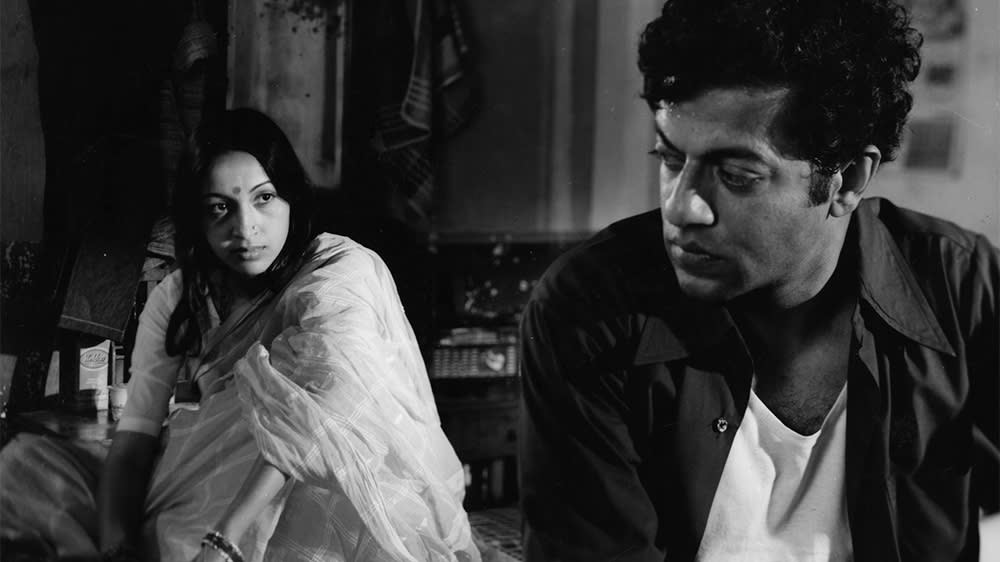Girish Karnad, Indian Filmmaker and Star, Dies at 81

Indian playwright, filmmaker and actor Girish Karnad, star of such films as “Manthan,” “Nishant” and “Swami,” died June 10 in his home in Bengaluru, India. He was 81 and had a “multi-organ failure,” according to reports. Working in alternate regional and Hindi-language films separate from Bollywood, Karnad made a name for himself in the 1970s. India conferred its highest literary honor, the Jnanpith Award on him in 1998.
As a director, he made his debut in 1972 with “Vamsa Vriksha,” by renowned Kannada novelist S.L. Bhyrappa. It was co-helmed with B.V. Karanth, another luminary of Kannada cinema. It touched on the then-taboo subject of widow remarriage and introduced audiences to the actor Vishnuvardhan. The film was later remade in another Telugu, another regional language, and starred Anil Kapoor (“Slumdog Millionaire,” “24”).
Related stories
Prakash Javadekar Returns as India's Media Minister
Monika Shergill to Head India Original Series for Netflix
Karnad made his acting bow in 1970 with “Samskara” (Funeral Rites), which he adapted from U.R. Ananthamurthy’s novel of the same name, which deals with caste issues. At one point the Madras film censor board had banned it as there were fears of riots due to its take on castes but the ban was overturned and the film went on to win the National Award for Best Feature.
In later years he was featured in Nagesh Kukunoor’s “Dor” (2005), “Iqbal” (2006), “8 x 10 Tasveer” (2009) and “Aashayein” (2010).
Born in Matheran, Maharastra, Karnad was raised in Dharwad, in the neighboring state of Karnataka. Growing up, he watched many traveling plays, which influenced his liking for theater. His early plays were all written in the regional language of Kannada and included such plays as “Hayavadana” and “Tughlak,” centering on an eccentric 14th century king of India. His plays, while historical, were often allegories of the current political situation and often were translated into other languages including Hindi.
He also wrote screenplays, including the award-winning “Bhumika” and “Utsav.”
Another factor influencing his subject matter was his parents: his mother was a widowed nurse who remarried his father, a physician, under Arya Samaj rules when temple authorities refused to officiate the wedding.
He studied math and statistics at the Karnataka Arts College in Dharwad and then at Magdalen College in Oxford, U.K. and was a Rhodes Scholar. In 1987-88, he was a visiting professor at the University of Chicago, and during this time his play “Nagamandala” was staged at the Guthrie Theater in Minneapolis.
In TV, Karnad acted in the adaptation of R.K. Narayan’s “Malgudi Days” and”Indradhanush.”
Karnad was also tapped as the head of the Film and Television Institute of India in 1974-75, Sangeeta Natak Academi from 1988-93 and Nehru Center in London from 2000-03.
In his private life, he was an activist, working against religious fundamentalism, despite which the Indian government bestowed several awards on him, besides the Jnanpith Award, the Padma Shree and Padma Vibhushan.
Survivors include his wife, Saraswati; a son, the journalist Raghu; and a daughter, Shalmali Radha.
Sign up for Variety’s Newsletter. For the latest news, follow us on Facebook, Twitter, and Instagram.

